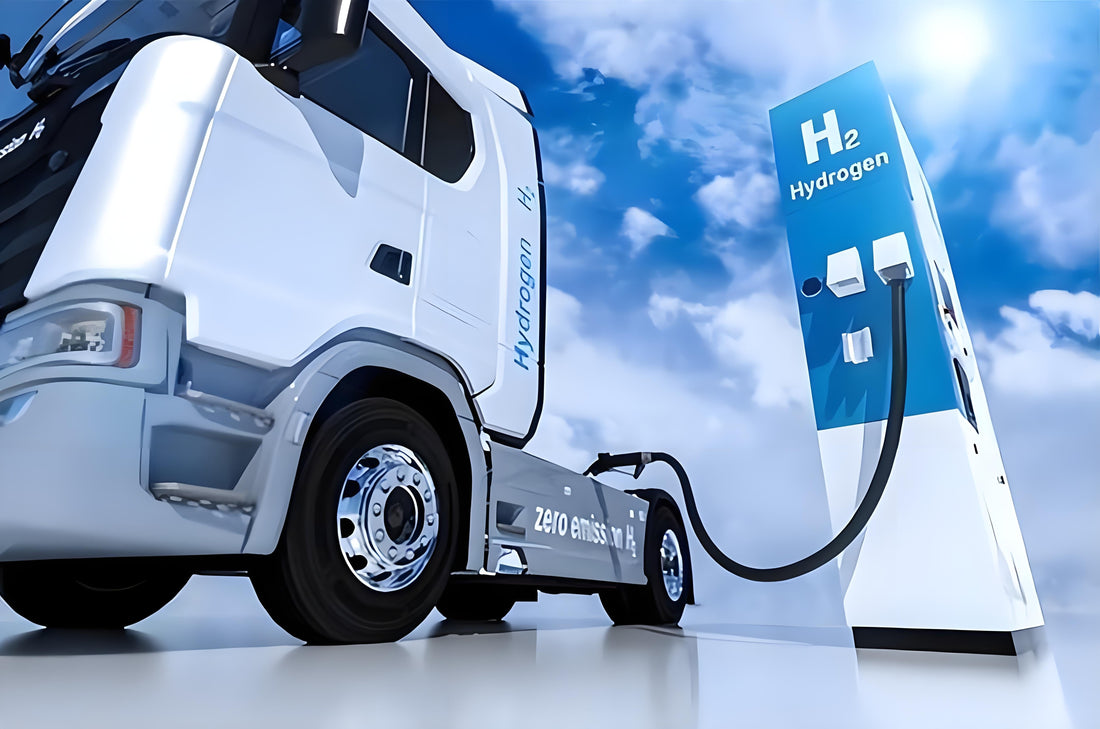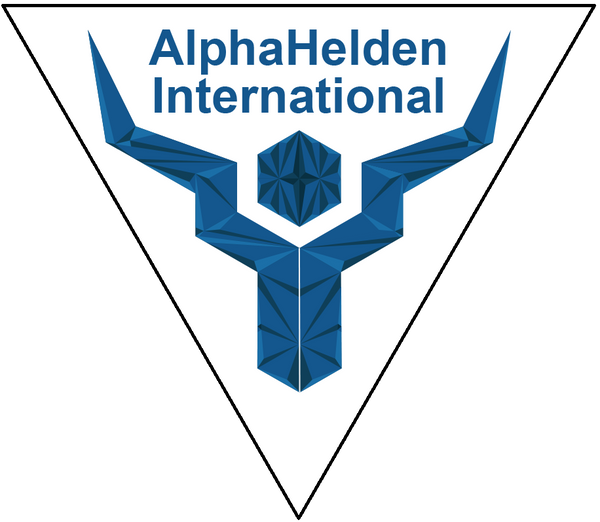
Comparison of Hydrogen Vehicles Development in Germany and China
Share
In recent years, hydrogen vehicles have become a key direction for global green transportation. Both Germany and China are actively promoting their development, but their approaches differ.
Policy Support and Future Goals
The German government places great emphasis on hydrogen development and has released the "National Hydrogen Strategy." The goal is to have 5,000 to 10,000 hydrogen-powered trucks by 2030 and expand the hydrogen refueling station network. Additionally, subsidies are provided to support enterprises in developing hydrogen fuel cell technology.
China, on the other hand, has designated hydrogen energy as a key development area in the "14th Five-Year Plan," aiming to promote 50,000 hydrogen fuel cell vehicles by 2025 and support local enterprises in establishing a complete industrial chain.

Fuel Cell Manufacturing and Hydrogen Vehicle Production & Sales
Germany's hydrogen fuel cell costs are relatively high, at approximately €1,000 per kilowatt. Hydrogen fuel cell vehicles in Germany are mainly commercial vehicles, with companies such as Mercedes-Benz and BMW launching hydrogen models, though sales remain limited.
China has reduced hydrogen fuel cell costs to approximately ¥2,000 per kilowatt, with expectations for further reductions in the future. China leads the global commercial vehicle market, with companies like Yutong, Changan, and Dongfeng actively investing in the sector. In 2024, China's hydrogen vehicle sales reached 7,069 units (899 passenger vehicles and 6,170 commercial vehicles).

Hydrogen Refueling Station Construction and Market Acceptance
Germany has around 100 hydrogen refueling stations with a relatively well-developed network, but hydrogen costs remain high, and market acceptance is moderate. Currently, the hydrogen price at German refueling stations is about €10-12 per kilogram.
China is rapidly expanding its hydrogen refueling infrastructure, with nearly 400 stations primarily located in the Beijing-Tianjin-Hebei region, the Yangtze River Delta, and the Pearl River Delta. The hydrogen price in China ranges from ¥30-60 (€3.8-7.6) per kilogram, with subsidies in certain regions helping to lower costs.

Overall, Germany focuses on high-end technological breakthroughs, while China accelerates industrial implementation. In the future, both countries are expected to complement each other and collaborate in the hydrogen vehicle sector, jointly promoting the global development of green transportation.

